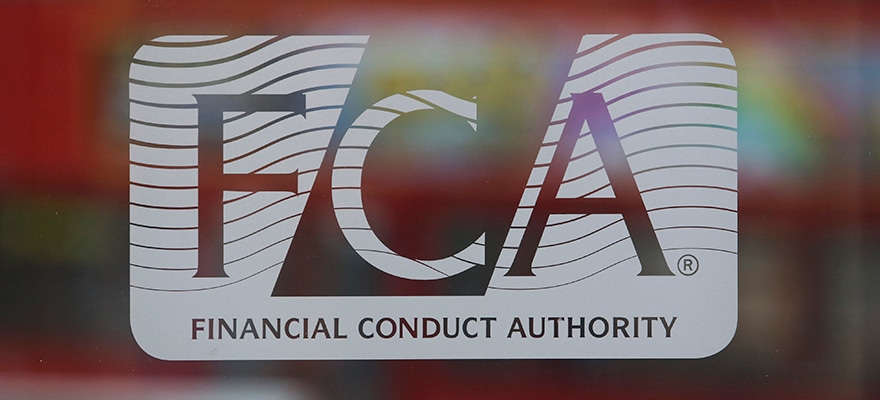The UK financial regulator has just published a summary of its findings after reviewing 19 big, medium and small-sized retail brokers in the CFDs trading industry. The Financial Conduct Authority (FCA) ) is highlighting that the firms should pay closer attention to the regulatory requirements for the industry.
Discover credible partners and premium clients at China’s leading finance event!
A summary that has been sent to the CEOs of UK-regulated brokerages outlines that the majority of the providers that have been reviewed have not been able to deliver an adequate definition of their market. A total of 76 percent of clients that have been trading CFDs lost money over the period that the regulator reviewed, which is between July 2015 and June 2016.
[gptAdvertisement]
More Scrutiny Over IBs
The FCA proceeds to highlight that brokers should be wary of the methodology that their introducing brokers are using when communicating with clients. In addition, they should apply adequate due diligence procedures when selecting their IBs and eliminate any conflicts of interest arising from the arrangements that are made with the brokers.
Brokers and their IBs will also need to exercise extreme caution when categorizing their clients as professionals.
“All firms must ensure that they comply with the FCA’s requirements when providing and distributing CFDs and should take into consideration our guidance in these areas,” the FCA’s letter outlines.
In a detailed account the FCA outlines for the CEOs the following areas of concern:
- target market identification
- communication, oversight, and challenge
- process for taking new distributors
- managing conflicts of interest
- use of MI and KPIs
- client categorization
- remuneration arrangements
The FCA proceeds by explaining that clients of the brokers are facing high risks because of the conduct of the firms in the industry.
“Consumers may be at high risk of harm from poor practices in this sector,” the FCA outlined.
Overall, the content of the regulator’s letter to the CEOs does not portend a more benign approach on the part of ESMA or the FCA regarding the new rules that it proposed in the middle of December.


















